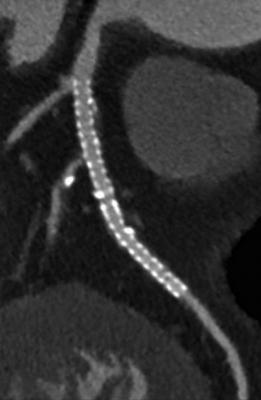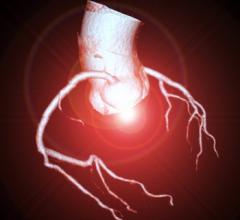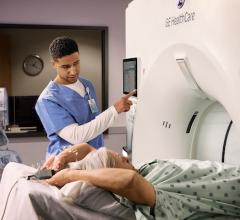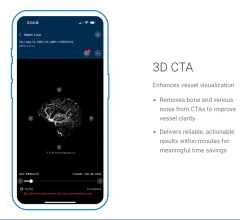
March 15, 2016 — People who reach their 80s without cardiovascular disease are more likely to suffer from the effects of dementia than a heart attack or stroke, according to a study in the Journal of the American College of Cardiology (JACC). In a small group of participants, an association was also found between zero or low levels of artery-clogging calcium deposits and a low risk of dementia and cardiovascular events, suggesting that the cardiovascular risk factors that lead to coronary heart disease could also affect the brain.
Increasingly successful heart disease prevention and treatment methods have led to longer lifespans, which in turn creates a larger population of older people at risk for dementia. In the United States, dementia mainly affects people over the age of 75.
Researchers in the study looked at individuals over age 80 to determine if coronary artery calcium levels predict risk of death and risk of dementia and coronary heart disease. Beginning in 1998, 532 participants from the Cardiovascular Health Study-Cognition Study were evaluated annually through 2013 for signs of dementia. Measurements of coronary artery calcium, which can narrow your arteries and increase your heart attack risk, were also taken.
People with coronary artery calcium levels of zero showed signs of dementia on average just over seven years from the initial measurement, versus an average of just over five years for those with coronary artery calcium scores over 400, which is the highest level.
“This paper validates the strong trend in the literature, which demonstrates an important link between cardiovascular disease and dementia,” said JACC Editor-in-Chief Valentin Fuster, M.D., Ph.D. “We are learning that the disease states are closely related.”
This study is limited because the sample size was very small, considering very few women (13 percent) and almost zero men have coronary artery calcium scores of zero in this older age group. An additional limitation is that it is an observational study, which means it is impossible to determine cause and effect.
According to researchers, these results suggest several scenarios. The first is that the prevalence of dementia in older populations will likely increase as prevention and treatment of coronary heart disease improve and increase the longevity of the general population.
“As age at first heart attack continues to rise, dementia will be an important comorbidity and will affect treatment decisions and outcomes,” said Lewis H. Kuller, M.D., Dr.P.H., lead author of the study and emeritus professor, Department of Epidemiology at the University of Pittsburgh Graduate School of Public Health.
A second scenario is that a zero or very low coronary artery calcium score is associated with a low risk of dementia, but because of the small sample size these results need to be replicated in other studies of the elderly.
A third scenario is that cardiovascular risk factors such as high blood pressure, diabetes, smoking and not exercising that lead to the development of atherosclerosis and eventually coronary heart disease could also affect progression of brain pathology, such as the risk of dementia.
“If delay or prevention of atherosclerosis resulted in the reduction or slowing of progression of brain disease and subsequent incidence of dementia, then there is the potential for a very substantial impact on reducing the majority of dementia in very old ages,” Kuller said. “There is a need to test such hypotheses by substantially modifying risk factors, slowing the progression of atherosclerosis and determining whether such an effect will substantially reduce the incidence of dementia and specific neuropathology among older patients.”
In an accompanying editorial, Sandra E. Black, M.D., said this study highlights the importance of determining whether preventing atherosclerosis will also prevent dementia, including the most common form — Alzheimer’s disease.
“The findings of Kuller and colleagues reinforce the notion that as more individuals live to older ages, we can expect a dramatic increase in the incidence and prevalence of dementia,” Black said. “Atherosclerosis, even if clinically undeclared, will likely contribute to these cases, suggesting the importance of pharmacological and non-pharmacological management of vascular risk factors beginning in mid-life.”
For more information: www.content.onlinejacc.org


 February 06, 2026
February 06, 2026 









